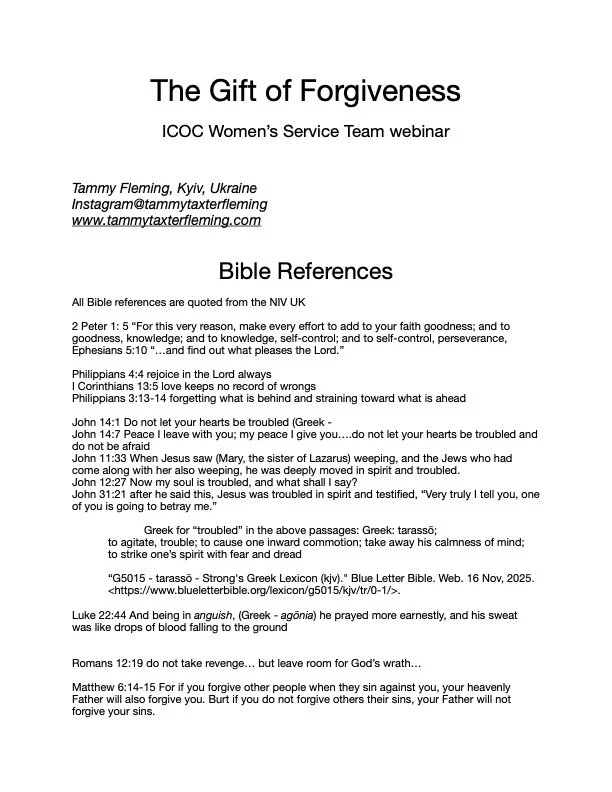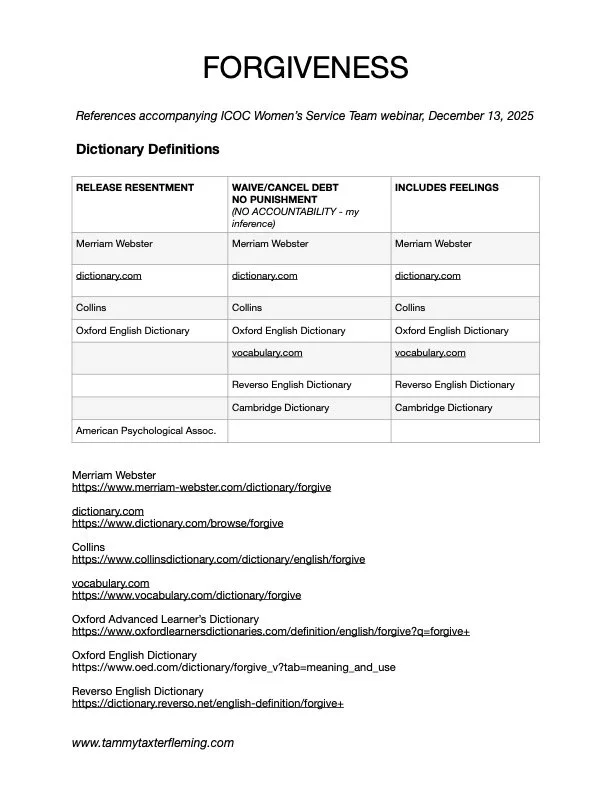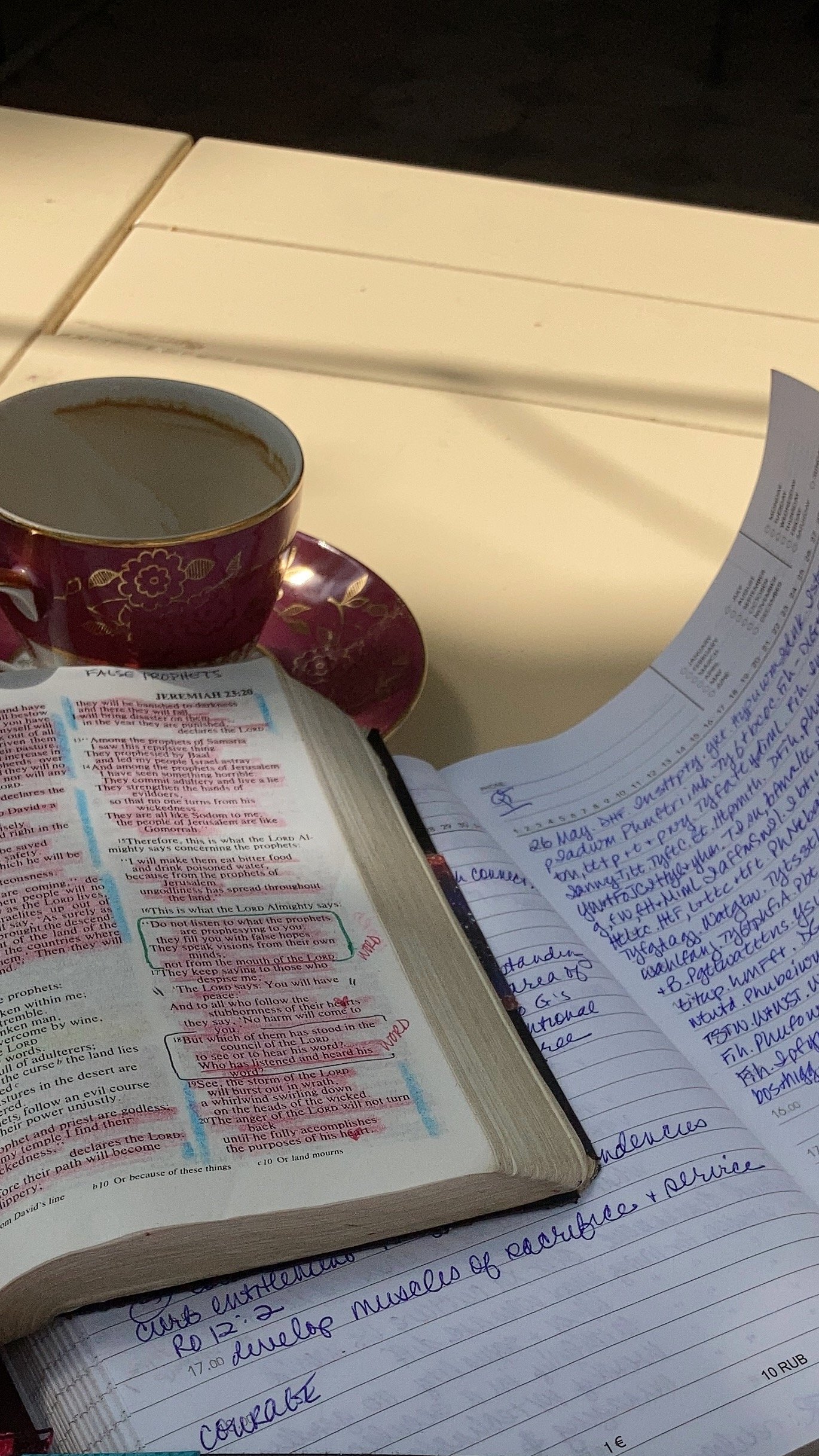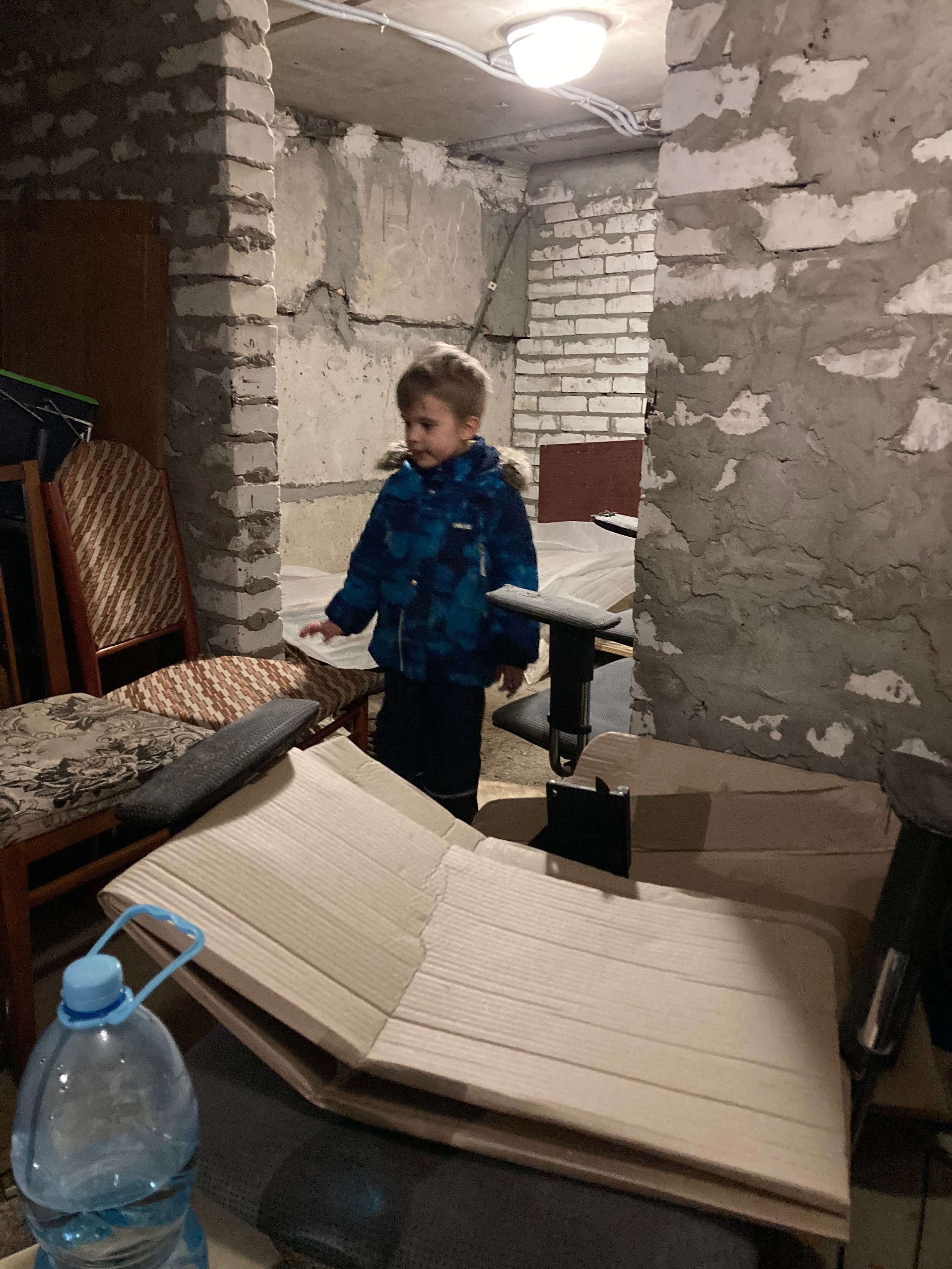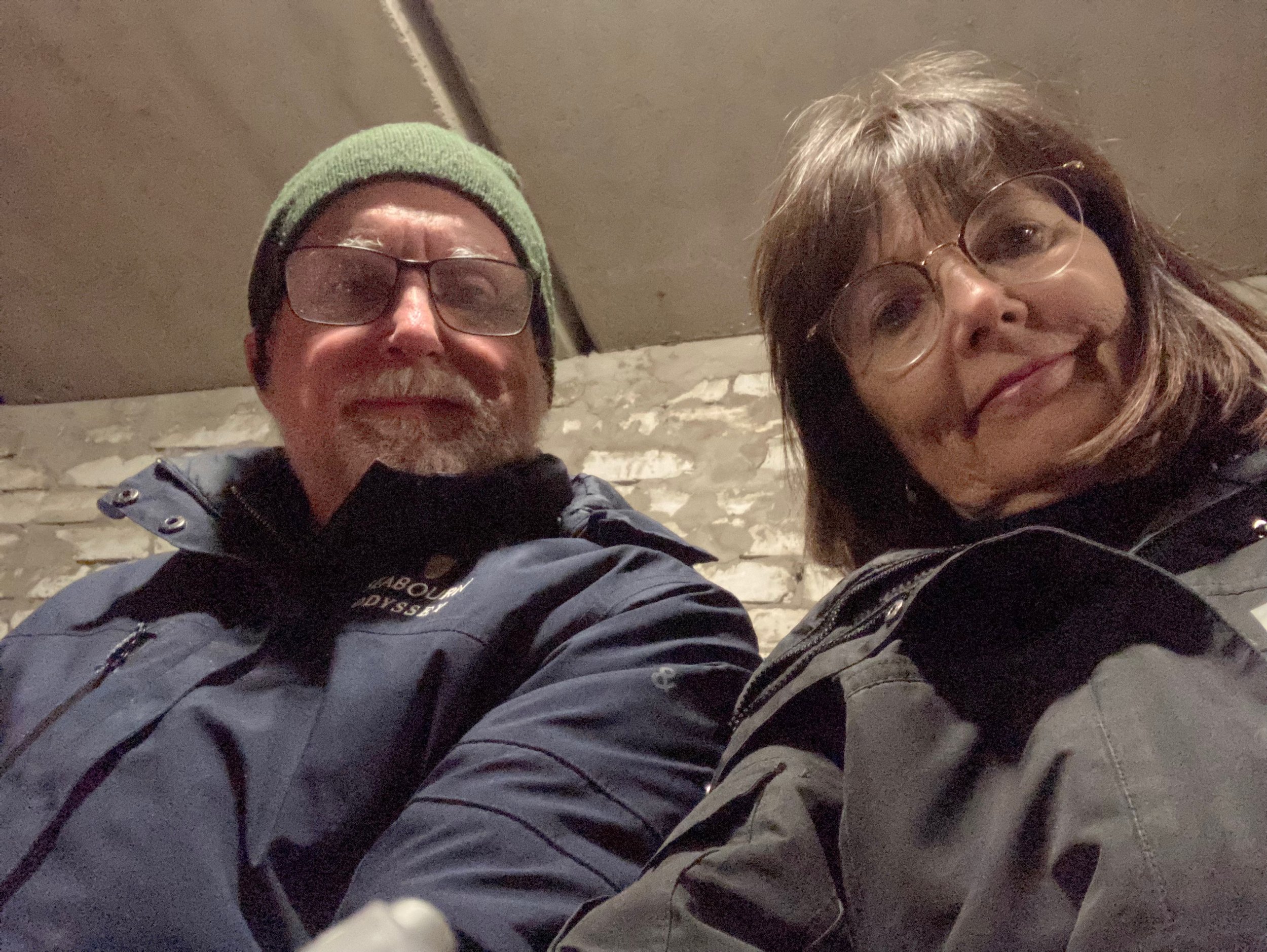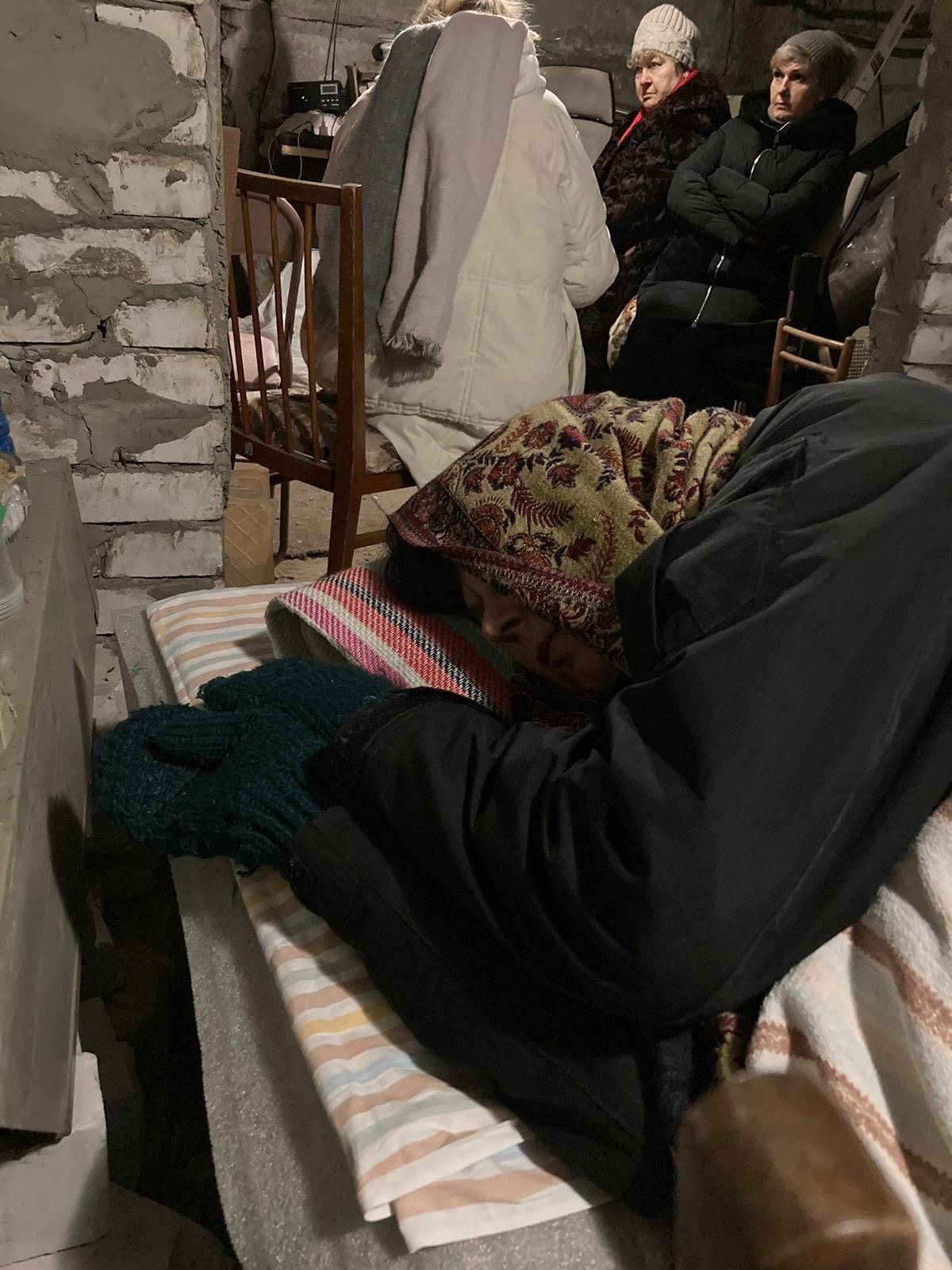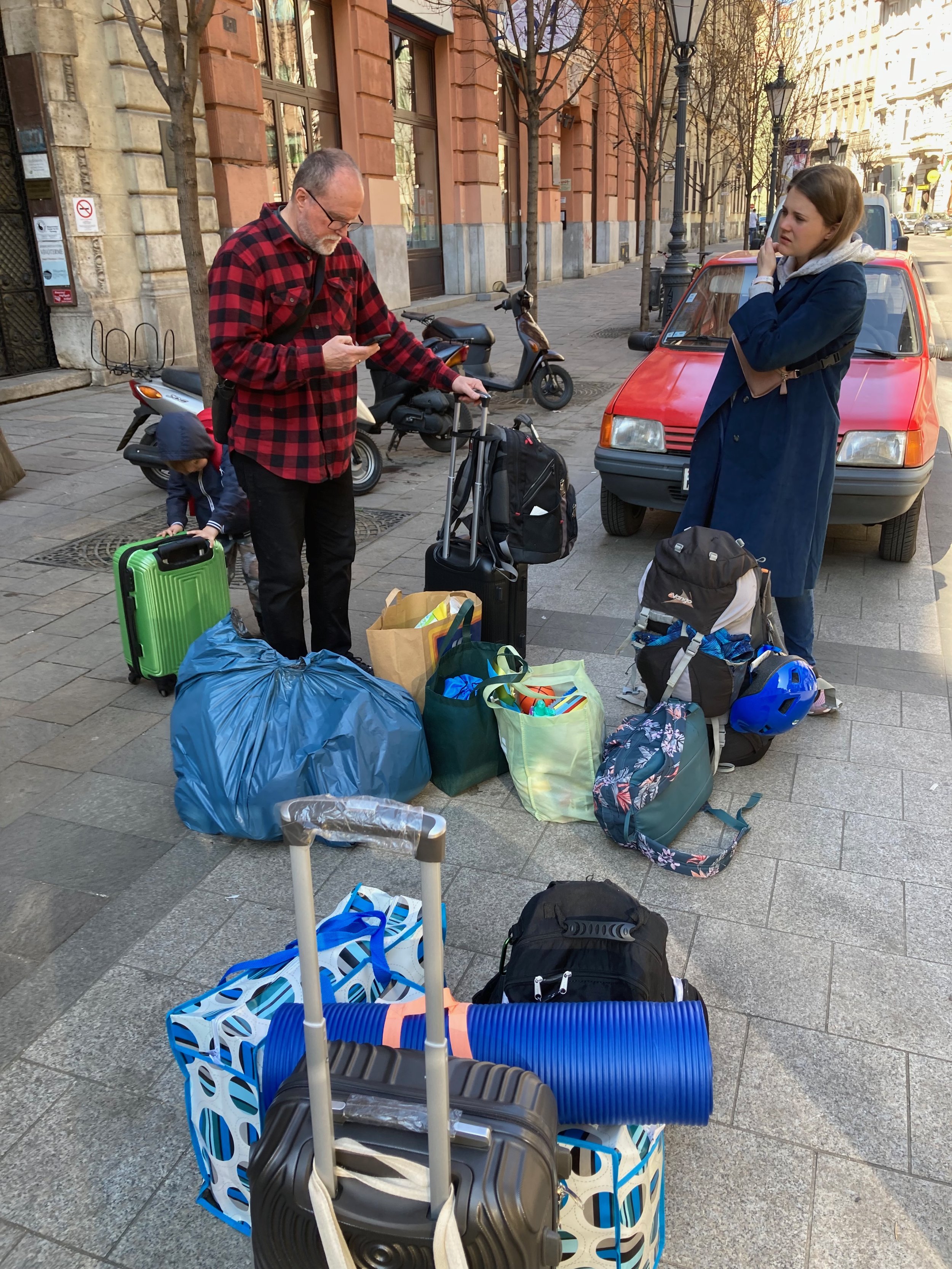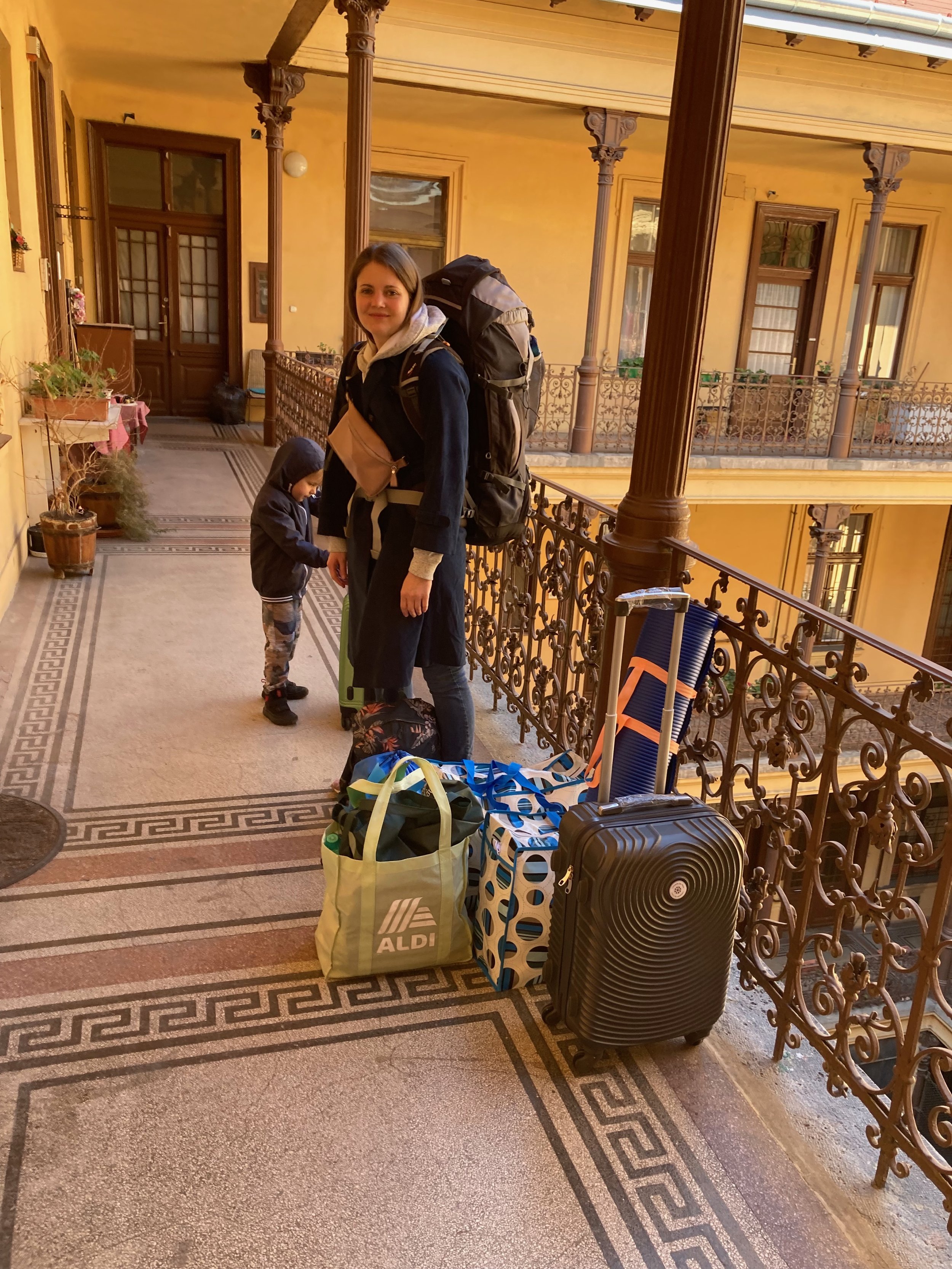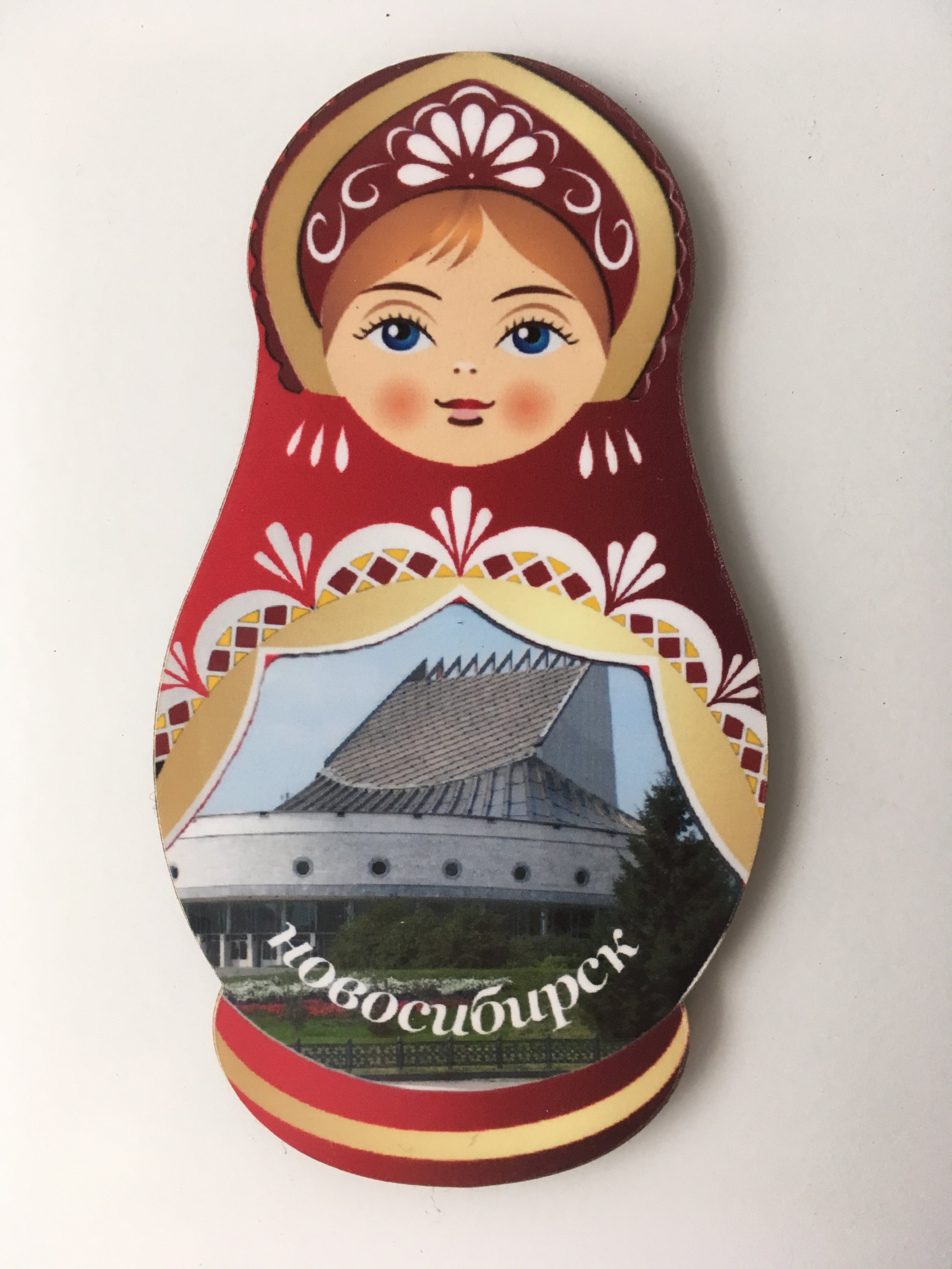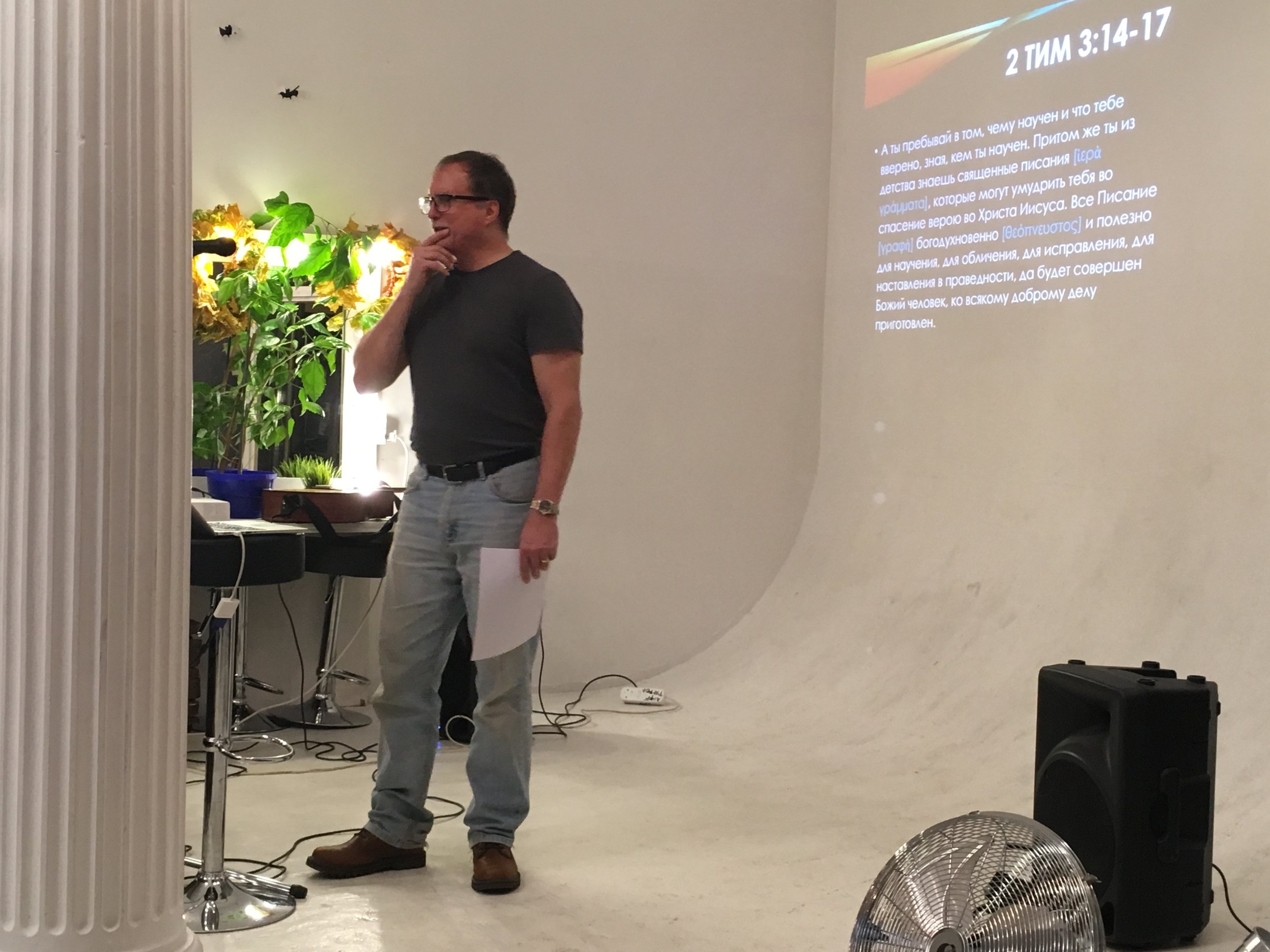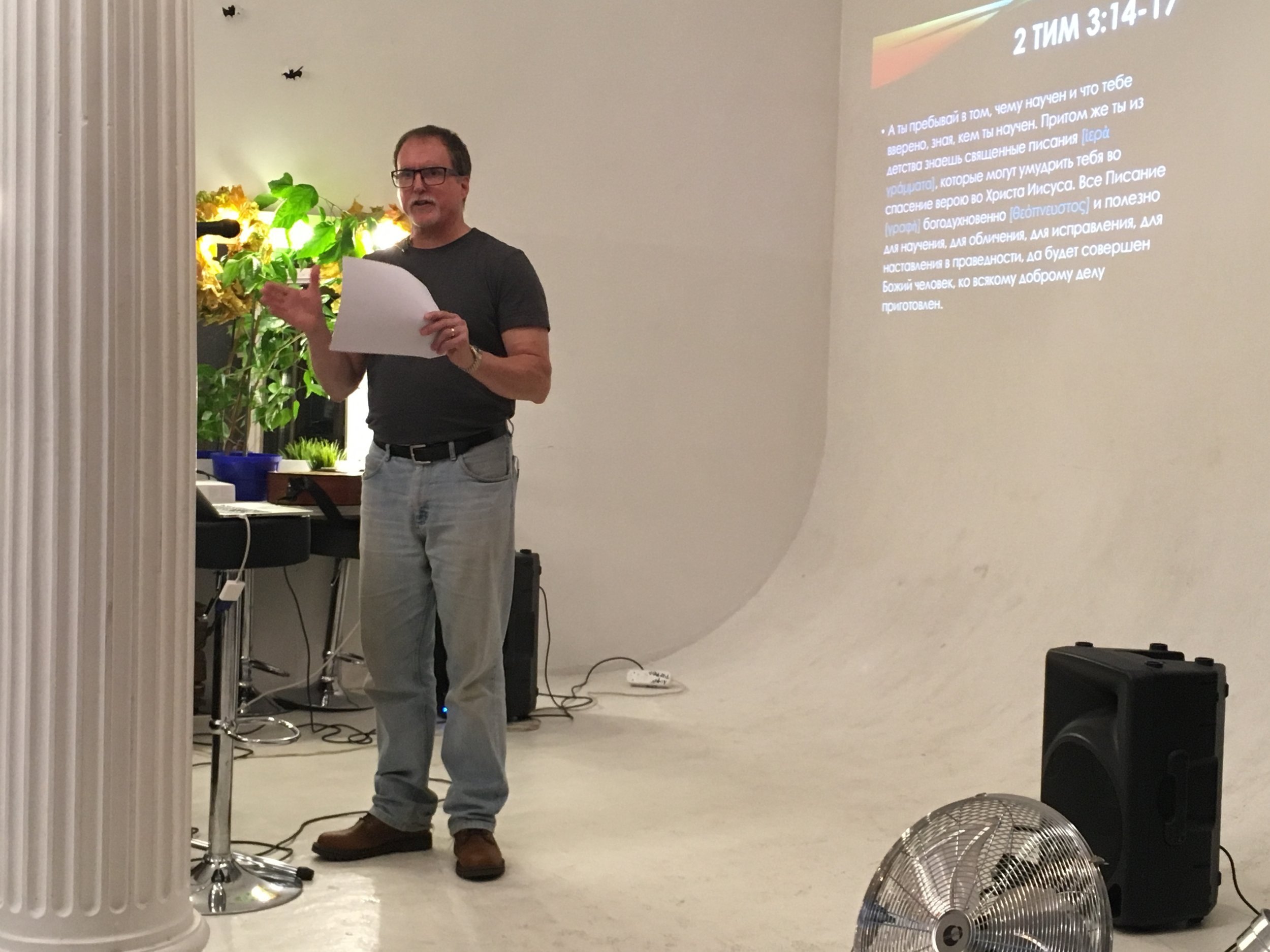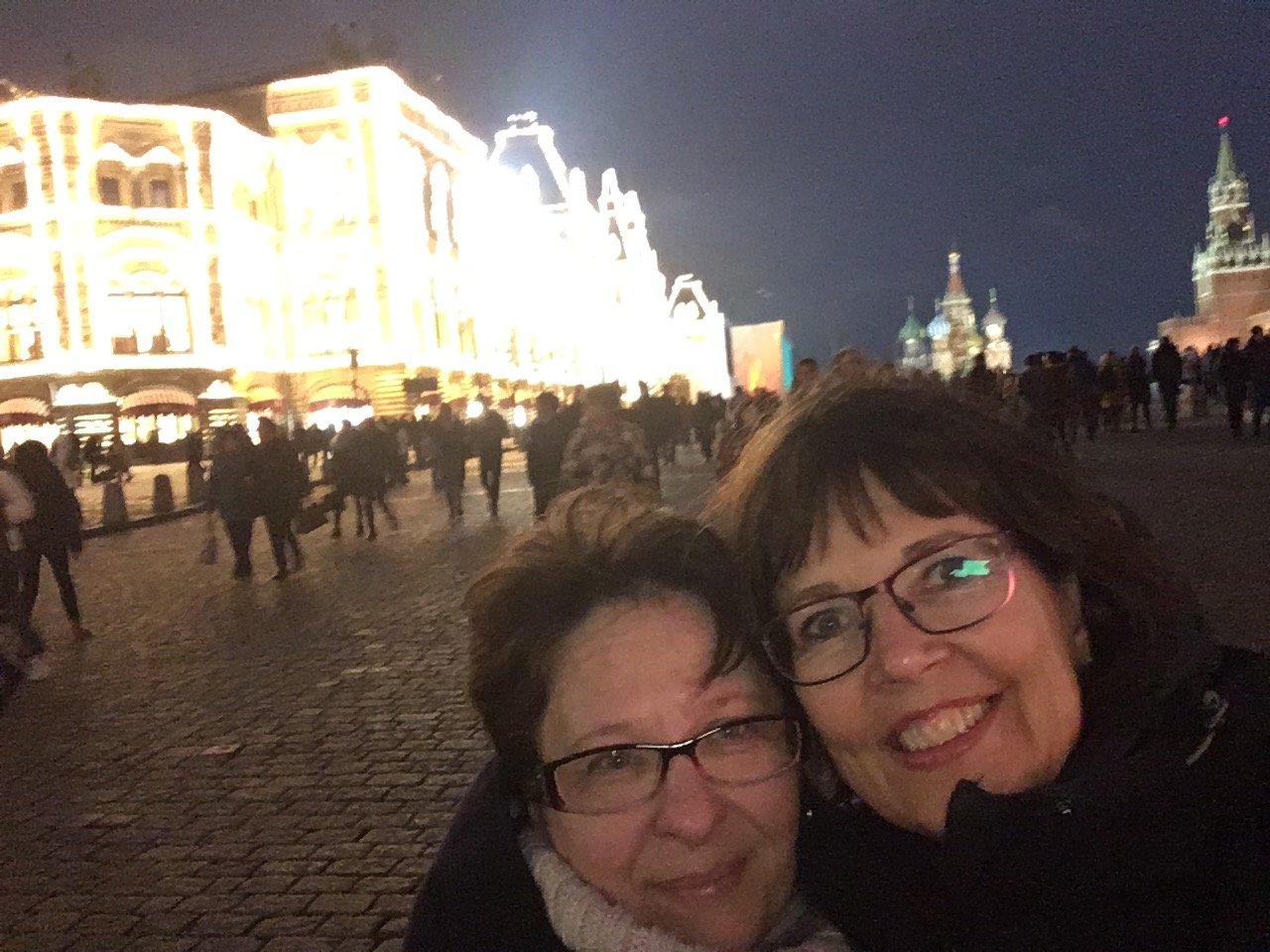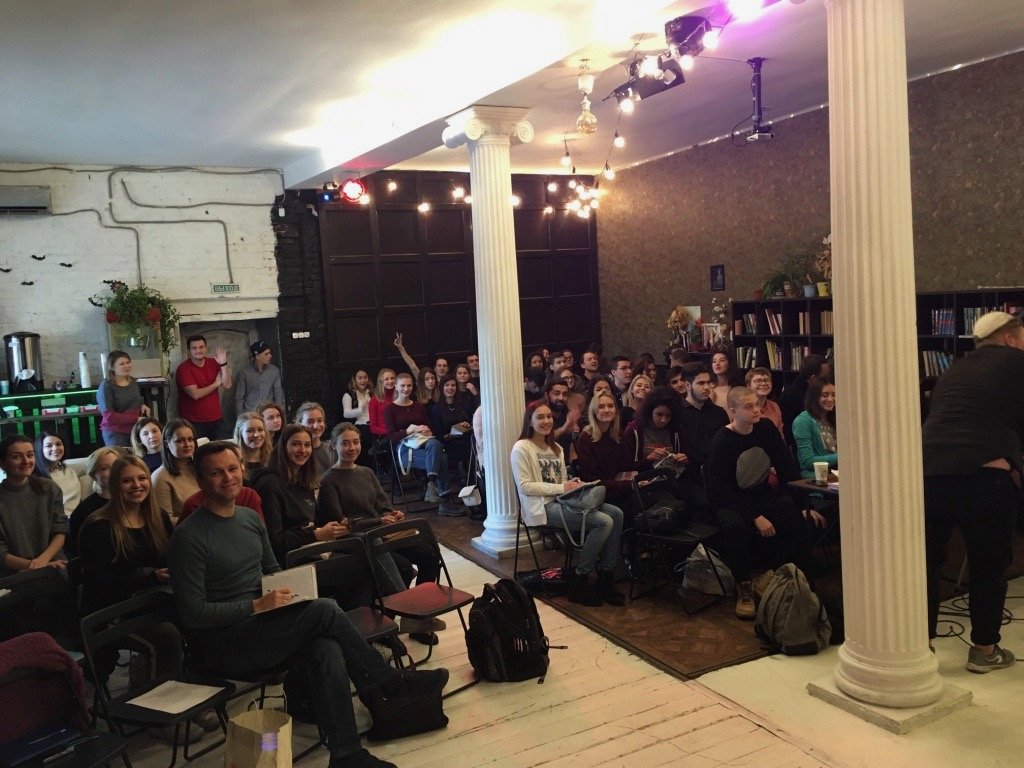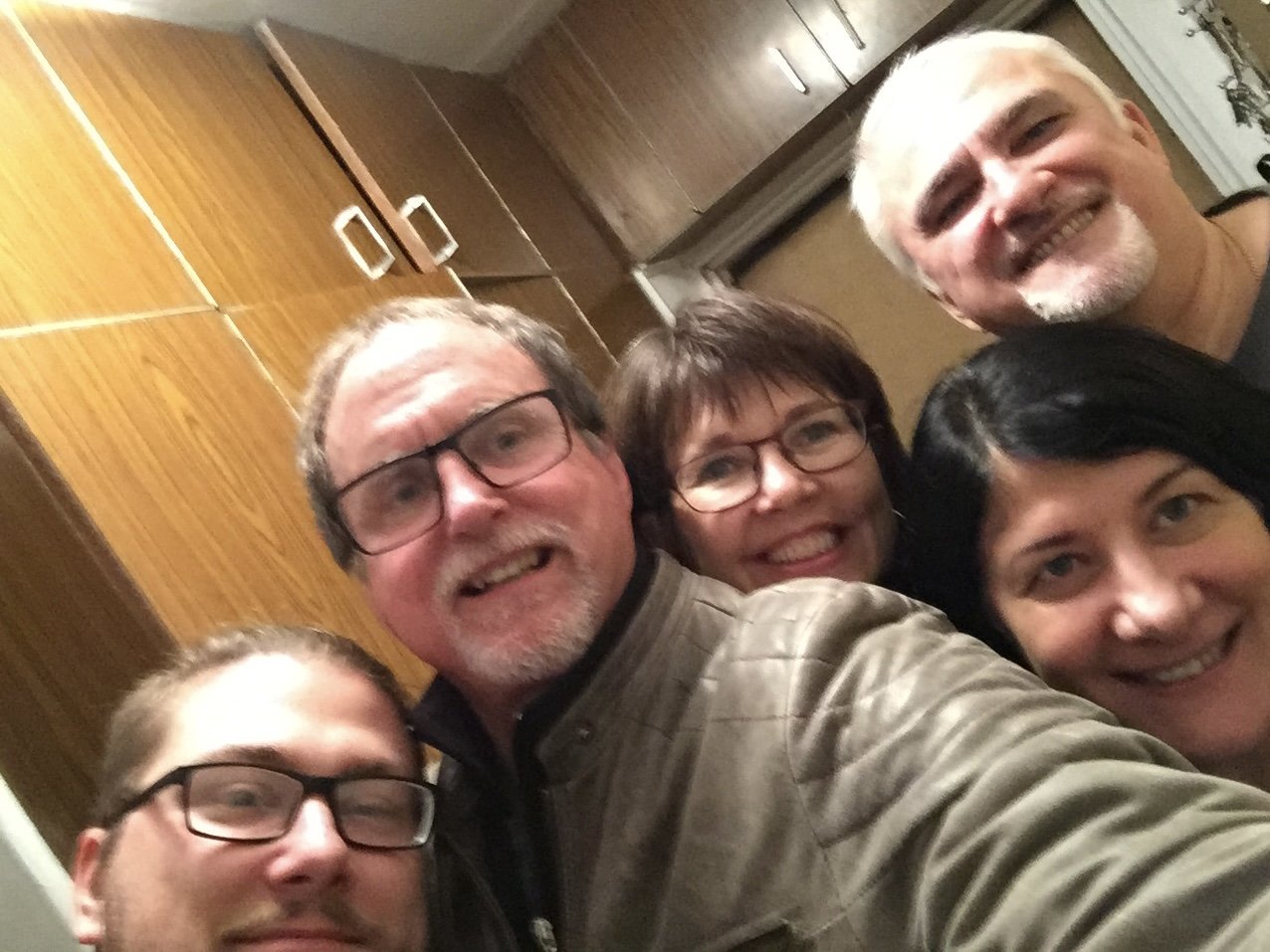Божественная природа и сущность
Филиппийцам 2:5-8
5 Пусть мысли и чувства ваши друг к другу будут у вас, как у Христа Иисуса: 6 Он, по природе Бог, не держался за равенство с Богом, 7 но добровольно лишился всего, приняв природу раба и человеком родившись. Он был во всем человеку подобен, 8 но еще больше себя умалил и так был послушен, что принял и смерть саму — смерть на кресте.
· Иисус был с Богом с самого начала, Создание было выполнено с Ним и через Него (от Иоанна 1:1, Колоссянам 1:15-20). Он был одним целым с Богом, в Боге и от Бога, Божество. Он отдал способность быть всемогущим, всезнающим, вездесущим; и по факту, стал рабом в тот момент, когда стал человеком.
· Это очень большой список потерь и Иисус даже не прожил (в том смысле, который имела Его жизнь до этого) свой первый день в качестве человека, все это было уже потеряно: Его место на Небесах, Его небесное тело, Его близость с Богом, мудрость, мощь и власть, сила, свобода, способность перемещаться – можете ли вообразить что-нибудь еще подобное?
Родители и наставники в вере
от Луки 2:41-52
41 Каждый год на праздник Пасхи родители Иисуса отправлялись в Иерусалим. 42 В тот год, когда Иисусу исполнилось двенадцать лет, Его родители, как обычно, отправились на праздник. 43 После того, как праздник кончился, они направились домой, Иисус же остался в Иерусалиме, хотя родители Его не знали об этом. 44 Иосиф и Мария были в пути целый день, думая, что Иисус идёт вместе с ними. Когда же стали искать Его среди родственников и друзей, 45 то не нашли Его среди них. Тогда Иосиф с Марией вернулись в Иерусалим, надеясь найти Его там. 46 Они нашли Его через три дня. Иисус сидел среди учителей в храме, слушая их и задавая им вопросы. 47 Все слушали Его и удивлялись тому, как Он всё понимает и какие разумные даёт ответы. 48 Увидев Иисуса, родители удивились, и Мать спросила Его: „Что это Ты сделал с нами, Сын? Мы с отцом очень тревожились и повсюду Тебя искали". 49 Тогда Иисус сказал им: „Зачем вы искали Меня? Разве не знаете, что Я должен участвовать в трудах Отца Моего?" 50 Но они не поняли, что Иисус хотел этим сказать. 51 Иисус вернулся с ними в Назарет и во всём слушался Своих родителей. Мать же Его долго охраняла всё это в своём сердце. 52 Иисус продолжал постигать всё новые премудрости. Он становился выше ростом. Людям нравился Иисус, и Бог возлюбил Его.
· Стих 50. Потеря отношений, доверия, понимание между Ним и его родителями (большинство из нас прошли через это будучи 10-ти летними подростками!)
· Стихи 46,49. Здесь Иисус сидит среди учителей Храма, слушает их, учится у них, делится с ними.
· Это были его примеры для подражания, лидеры, самые обученные и уважаемые люди его веры. Это были те, кому поручили присмотр и служение Дому его Отца.
Семья, отец Иосиф, наставники в вере
От Луки 4:14-30
14 Иисус же возвратился в Галилею, исполненный силы Святого Духа, и молва о Нём пошла по всей стране. 15 И стал Он учить в синагогах, и все прославляли Его. 16 И пришёл Он в Назарет, в город, где вырос. В субботний день пошёл Он по Своему обыкновению в синагогу и встал, чтобы читать писания перед присутствующими. 17 И дали Ему книгу пророка Исайи, и, открыв книгу, нашёл Он место, где было написано:18 „Дух Господний во Мне. Бог призвал Меня, чтобы благовествовать нищим. Он послал Меня объявить свободу пленным, возвратить зрение слепым, отпустить измученных на свободу, 19 и возвестить время милости Господней". 20 Потом Он закрыл книгу и отдал её служителю. Он сел, и глаза всех в синагоге были устремлены на Него. 21 И Он начал говорить им: „Сегодня сказанное в Писании свершилось пред вами". 22 И Он снискал всеобщее одобрение, и все были поражены Его красноречием и спрашивали: „Не сын ли это Иосифа?" 23 И сказал Он: „Конечно, вы скажете Мне, как гласит пословица: "Врач, исцели Самого Себя". Вы хотите сказать: "Мы слышали о том, что произошло в Капернауме. Сотвори же здесь, в Твоём родном городе, то же самое"". 24 И сказал Он: „Воистину, не принимают пророка в родном городе. 25 Истинно говорю вам: множество вдов было в Израиле в дни Илии, когда не было дождя три с половиной года, и великий голод царил в стране. 26 И ни к кому из них не был послан Илия, кроме одной вдовы из Сарепты, в Сидоне. 27 И было множество прокажённых в Израиле во времена пророка Елисея, но никто из них не очистился от язв, кроме Неемана-сирийца". 28 И все, кто присутствовал в синагоге и слышал эти слова, преисполнились ярости 29 и поднялись, и изгнали Его из города. Приведя Его на склон горы, на которой стоял их город, они хотели сбросить Его с утёса. 30 Но Иисус прошёл сквозь толпу и отправился Своей дорогой.
От Марка 3:20 – 22
20 Затем Он вошёл в дом, и опять собралась толпа, так что Иисус и Его ученики не могли даже поесть. 21 И когда Его ближние услышали об этом, они пришли, чтобы увести Его, потому что люди говорили: „Он не в Своём уме!" 22 А законоучители, пришедшие из Иерусалима, говорили: „В Него вселился веельзевул! Он изгоняет бесов властью князя бесовского!"
· Потеря отношений с семьей – они не доверяют Ему, они не верят в Него, они думают, что Он сумасшедший.
· Здесь нет упоминания об отце Иисуса, во время семейного кризиса (Марка 3:31-34, также смотрите Матфея 12:46-49; и Иоанна 19:26-27) или где-либо в Писании после инцидента, когда родители Иисуса потеряли Его на 3-и дня по пути домой из Иерусалима. Подразумевается то что Его отец должно быть скончался где-то между тем и описанным событиями, и значит Иисус имел дело с утратой отца, возможно, когда Он был подростком, хотя может быть и позже, когда Ему было 30 – 33. Иосиф был праведным и благочестивым человеком (Матф 1:19), следовательно, Иисус должно был быть опечален утратой отношений и скучал за своим отцом.
· Посмотрите в Луки 11:39-54 и Иоанна 2:14-16 чтобы увидеть драматическое изменение в отношениях Иисуса с религиозными лидерами и учителями в Храме. Сравните это с Лукой 2 главой, где он сидел и общался с ними будучи мальчиком – какие потери и негативный эффект Он должен был испытать в этих взаимоотношениях из-за изменений в восприятия и отношения к Нему?
3-и года Его жизни с учениками
Луки 9:44
Пока народ дивился делам Иисуса, Он сказал ученикам: 44 „Со вниманием отнеситесь к тому, что сейчас скажу вам: Сын Человеческий вскоре будет предан в руки человеческие".
· Иисус знал о предательстве, и даже должен был заранее переносить и терпеть груз знания того что время предательства приближалось, даже от Его самых близких друзей.
· Однако ни один из 12 учеников не знал, что Иуда будет тем, кто предаёт Иисуса, хотя все они проводят много времени вместе – Иисус никогда не обращается с Иудой как-то иначе чем с остальными. Какие потерю\износ и боль должно быть Иисус чувствовал в своих отношениях с Иудой?
· Иисус наблюдал как все его близкие друзья и последователи разбежались и оставили Его, в то время, когда Он возможно эмоционально был в самой нижней точке свое жизни (Матф 26:38, 56)
«Нормальная» жизнь
Луки 9:58
58 Иисус ответил ему: „У лис есть норы, у птиц небесных есть гнёзда, а Сыну Человеческому негде даже головы приклонить".
· Иисус имел дело с потерей «нормальной» жизни. Бед хорошего дома. Без мечты о карьере. Без общепринятых достижений. Без брака. Без детей. По достижению 30-и лет большинство Его друзей детства должно быть уже имели эти вещи. Без материального достатка и благополучия.
· Потеря чувства принадлежности к какому-то «месту», бездомность и отсутствие постоянного места жительства
Двоюродный брат Иоанн Креститель
Матфея 14:1-12
1Тогдашний правитель Галилеи, Ирод, прослышал об Иисусе и 2 сказал своим прислужникам: „Этот человек на самом деле-Иоанн Креститель. Он воскрес из мёртвых и потому способен творить все эти чудеса". 3 Задолго до этого Ирод схватил Иоанна, заковал его в цепи и бросил в темницу. Он сделал это из-за Иродиады, жены своего брата Филиппа. 4 Иоанн говорил ему: „Тебе не подобает с ней сожительствовать". 5 Ирод хотел убить его, но боялся народа, ибо люди считали Иоанна пророком. 6 Когда наступил день рождения Ирода, дочь Иродиады танцевала перед Иродом и его гостями и так угодила Ироду, 7 что он клятвенно пообещал дать ей всё, что она ни попросит. 8 По наущению матери она сказала: „Принеси мне на блюде голову Иоанна Крестителя". 9 И хотя царь был опечален, но из-за клятвы своей и из-за гостей, восседавших вместе с ним, приказал исполнить эту просьбу 10 и послал людей обезглавить Иоанна в тюрьме. 11 Они принесли голову Иоанна на блюде и отдали девушке, а та отнесла её матери. 12 После этого пришли ученики Иоанна, взяли его тело и погребли его, а затем пошли и рассказали Иисусу, что произошло.
· Тяжёлая утрата: Иисус потерял своего отца, и здесь мы видим, что Он теряет своего двоюродного брата, Иоанна Крестителя, жестокой и бессмысленной смертью, по прихоти эгоистичного и трусливого царя, через обезглавливание.
· Иоанн был тот, как указано в Ветхозаветных пророчествах, кто будет «готовить путь» для Иисуса. Будучи не только единомышленником («родственной душой»?) для Иисуса, с которым Он разделил много общего, но также, его смерть означала что служение Иисуса было начато, и также определенно и несомненно просигнализировала Иисусу неминуемость Его собственной кончины и мученичества.
Право на личное время и пространство
Матфея 14:13
13 Услышав о том, что случилось, Иисус сел в лодку и отправился в уединенное место, чтобы побыть в одиночестве. Но когда люди узнали об этом, они пришли из своих городов и пошли за Ним.
· Иисусу не дали времени скорбеть о смерти двоюродного брата.
· Стихи 14-21 - Он затем сострадательно накормил 5 000 человек.
Надежда на успех
Матфея 16:21-23
21 С того времени Иисус стал говорить Своим ученикам, что Он должен пойти в Иерусалим и претерпеть многие страдания от рук старейшин, первосвященников и законоучителей. Он также объяснил им, что должен быть убит, а на третий день после этого должен воскреснуть из мёртвых. 22 Пётр отвёл Его в сторону и стал Ему прекословить, говоря: „Господи, не дай Бог! Не должно с Тобой ничего подобного случиться!" 23 Тогда Он повернулся к Петру и сказал ему: „Уйди прочь, сатана! Ты только препятствуешь Мне, ибо думаешь не о Божьем, а о человеческом".
· Потеря победы, утрата надежды на успех. Иисус только что получил доказательство в исповеди Петра. (Матф 16:16 «Ты Христос, Сын живого Бога») того, что Он преуспел в выполнении миссии от Отца для Его жизни.
· И вот, сразу же после этого, у нас провал – Иисус должно быть чувствовал, как будто они вернулись назад в точку отсчета, в самое начало.
Физическая неприкосновенность
Исаия 52: 13-15
13 „Взгляни на слугу Моего - он будет успешен во всём и станет важным, будет в почёте и уважении. 14 И как многие поразились, увидев слугу Моего, ибо он был так обезображен, что в нём с трудом узнавали человека, 15 так удивятся и многие народы, и даже цари от изумления не смогут сказать ни слова. Ибо эти люди не слышали эту историю - они видели, как это случилось! Они не слышали эту историю, но всё поняли".
· Потеря прав человека: физическое насилие.
Признание и уважение
Исаия 53:2-5
2 Он вырос перед Господом, как маленький росток, как корень, растущий в сырой земле, и в Нём не было ничего необычного. При взгляде на Него мы не находили ничего, что бы особенно привлекло нас к Нему. 3 Люди над Ним насмехались, друзья покинули Его, Ему была хорошо знакома боль и болезни. Люди презирали Его и отказывались замечать Его, как тех, от кого мы отводим взгляд. 4 Но Он принял на себя наши страдания и взял нашу боль, а мы думали, что Бог наказывает Его и бьёт за то, что Он сделал Сам. 5 Но боль и страдания были Ему даны за наши грехи, Он был наказан по нашей вине, и долг, который должны были мы отплатить, приняв наказание, лёг на Него. Мы были исцелены, благодаря Ему.
· Библия говорит, что Иисус понимает, что такое печалиться и скорбеть
· Он понимает отвержение, социальную изоляцию
· Он был физически не привлекательным
· Он был глубоко оскорблен поведением других людей
· Ему не было оказано уважение; не оценен; не был принят тем, кем он был; считался неуспешным и неуспешным другими людьми, до такой степени что они допускали будто даже Бог активно Ему противостоит.
· Он был полностью неверно оценен и неверно понят большинством людей, хотя Он был фактически Сыном Бога и Божьим благоволением – смотрите Матф 3:17, Иоанн 6:66, Матф 27:12, Деяния 1:15. После 3-х лет сосредоточенного и посвященного служения, которое достигло тысяч людей, только 120 верующих осталось верными после Его смерти.
Мечты и счастливая жизнь
Исаия 53:6-12
6 Но даже после этого мы все разбрелись, как овцы, каждый пошёл своим путём, даже после того, как Господь возложил всю нашу вину на Него. 7 Он перенёс боль и наказание, но никогда не протестовал и был безгласен, как овца, которую ведут на заклание. Он был покорнее ягнёнка, с которого состригают шерсть, и не сказал ни слова в Свою защиту. 8 Люди взяли Его силой, и суд над Ним не был справедливым. Никто не может сказать о будущей Его семье, ибо Он был разлучён с живою землёй и наказан за грехи Моего народа. 9 Он умер и был погребён с богатыми, был погребён со злодеями. Он не лгал, не сделал ничего неправедного, но всё равно с ним это случилось. 10 Господь решил послать Ему страдания, и слуга Его отдал себя на смерть. Но у Него будет новая, долгая жизнь, и Он долго ещё будет видеть Своё потомство, и закончит то, что предначертал Ему Господь. 11 Много будет страдать Его душа, но Он увидит добро, которое последует, и обрадуется, узнав об этом. Мой добрый Слуга освободит многих от их вины и возьмёт на Себя их грехи. 12 Поэтому Я сделаю Его великим среди людей, Он с сильными разделит всё, что они имеют, ибо Он отдал Свою жизнь за людей. Люди считали его преступником, но Он понёс на Себе грех многих и теперь молит за преступников.
· Потери мечтаний, возможностей, амбиций, планов, ожиданий, будущего. О чем могло бы воображение Всемогущего Бога Создателя, заключенное в тело Иисуса мечтать о том, что Он будет делать и испытывать в возрасте 40-ка лет?
· Иисус знал заранее об ужасных обстоятельствах Своей смерти, которые были предсказаны в Писании.
· Его внешности предстояло быть обезображенной и изуродованной превыше чем у какого-либо человека. Его внешность повредили настолько что было потеряно сходство с человеком. Боль, потеря здоровья и инвалидность. Он понимал, что это будет как потеря Своего здоровья.
· Вот несколько глаголов которые описывают что произошло с Иисусом: пронзили, раздробили, поразили, ранили, пораженный \разбитый, оплевали\ненавидели.
Эмоциональное счастье, свобода, достоинство
Псалом 68
1 Дирижёру хора. На мелодию „Лилии". Одна из песен Давида. 2 Спаси меня, о Боже, вода достигла шеи. 3 Я погружаюсь в грязные глубины, где опереться не на что ноге, меня водоворотом в глубину затягивает беспощадно. 4 Зову на помощь, и от крика пересыхает горло, и болят глаза, отыскивая Бога. 5 Тех, кто меня без причин ненавидит, гораздо больше, чем волос на голове. И строят они планы, как жизнь мою разрушить, заставляют платить за то, чем не владею я. 6 Тебе, Господь, мое известно безрассудство, свою вину не прячу от Тебя. 7 О мой Владыка, Всемогущий Господи, не допусти, чтоб те, кто верует в Тебя, из-за меня позором были все покрыты. 8 Из-за Тебя сношу позор, из-за Тебя лицо моё бесчестием покрыто. 9 Я среди братьев стал чужим, единокровным - посторонний. 10 Меня съедает страсть по дому Твоему, и ранит зло обидчиков Твоих. 11 Молюсь ли я, иль соблюдаю пост, меня за это тоже укоряют, 12 и становлюсь посмешищем, когда одежды скорби надеваю. 13 Толкуют обо мне все те, кто важен, 14 но я молюсь Тебе в положенное время. С любовью превеликой, Боже, спасением ответь моей молитве. 15 Спаси от грязи, утонуть не дай, и от глубоких вод спаси, как и от ненавидящих меня. 16 Не дай меня потопу унести, глубинам поглотить, сомкнуться могильной пасти надо мной. 17 Ответь мне, Господи, Твоей любовью доброй, и милосердие ко мне обороти. 18 Не прячь лица от Своего раба, ответь скорее, времена несчастий уже пришли. 19 Приди и мою душу упаси от неотступного врага. 20 Тебе известно как я презираем, как бесчещен я и опозорен. Господь, Ты знаешь всех моих врагов. 21 Презрение сокрушает моё сердце и делает беспомощным меня. Искал я сострадания - не нашёл, искал кого-нибудь, кто успокоит, но никого вокруг не видел я. 22 Враги в еду мне подложили желчь и уксусом меня поили в жажде. 23 Пусть стол их станет им ловушкой, пусть и друзьям их станет он ловушкой. 24 Пускай погаснут их глаза и никогда не будут видеть, пускай их спины сгорбятся навек. 25 Пролей на них Свой гнев, пусть он обнимет их. 26 Да станет их земля пустыней, и опустеют все шатры. 27 Поскольку тех, кого Ты ранил, они преследуют и здесь, о боли тех, кого Ты ранил, говорят. 28 Взыщи за все их преступленья, не дай спасенья Своего. 29 Их имена да будут стерты из книги жизни навсегда. 30 Мне горе причиняет боль, дай мне Твоё, Господь, спасенье. 31 Имя Божье восхвалять я буду в песнях благодарных, 32 и это Господа обрадует намного более, чем вол иль бык. 33 От этого воспрянут бедные, и сердце, ищущее Бога, оживёт. 34 Господь нуждающихся слышит, и узников не презирает. 35 Пусть небеса, земля и море, и всё, что в море, Его хвалят. 36 Ведь только Бог спасёт Сион и восстановит Иудеи города. 37 Унаследуют все дети Его рабов, и те, кто Его любит, будут жить в них.
· Этот псалом, написанный приблизительно за 1 000 лет до рождения Иисуса, позволяют заглянуть в личные душевные страдания Давида. Он содержит пророчества об Иисусе (смотрите стихи 4 псалма и Иоанна 15:25).
· Может ли это быть тем, о чем Иисус на самом деле молился в Гефсиманском саду? (ст. 9, смотрите Иоанн 2:17).
· Иисус был презираем, опозорен, обесчестен, пристыжен, беспомощен, несчастен, одинок.
· Жертва организованной травли (ст. 12).
· Потеря контроля над Свой собственной жизнью, его предназначение и участь – добровольно принять следование плану Отца.
· Потеря достоинства, почестей, высокого происхождения.
· Стих 5 описывает то, что многие люди чувствуют которые прошли психологическое насилие. Псалмопевец ясно осведомлен и изранен болью от того, что думают люди о нем, он совершенно неверно оценен.
Друг Лазарь
Иоанн 11:35-36
35 Иисус прослезился. 36 Тогда иудеи стали говорить: „Смотрите, как Он любил Лазаря".
· Иисус открыто плакал. (почему это так что во многих культурах мы не позволяем людям видеть нас плачущими?).
· Тяжелая утрата: потеря дорого друга и брата из-за смерти. Потеря чувства личного покоя и комфорта, потому что Он выбрал глубоко проникнуться чувствами Марии и разделить ее боль.
Верность и поддержка друзей
Иоанн 13:21-30
21 Сказав это, Иисус взволнованно засвидетельствовал и сказал прямо: „Истинно говорю вам, один из вас предаст Меня". 22 Его ученики стали переглядываться, не понимая, о ком Он говорит. 23 Один из учеников, которого Иисус особенно любил, сидел за столом рядом с Иисусом. 24 Симон Пётр сделал ему знак, чтобы тот спросил, о ком же это Иисус говорит. 25 Тот, склонившись к самой груди Иисуса, спросил Его: „Господи, кто же это?" 26 Иисус ответил: „Тот, для кого Я обмакну кусок хлеба в миску с едой и передам ему". И, обмакнув кусок хлеба в миску, передал его Иуде, сыну Симона Искариота. 27 Как только Иуда взял этот кусок хлеба, сатана тотчас вошёл в него. И сказал Иисус: „Сделай скорее то, что собираешься сделать". 28 Но никто из тех, кто возлежал рядом с Иисусом, не понял, к чему Он это сказал ему. 29 А так как у Иуды был их общий ящик с пожертвованиями, некоторые подумали, что Иисус говорит ему: „Купи всё, что нам нужно для празднества", - или велит раздать милостыню бедным. 30 Иуда же взял кусок хлеба и тут же вышел. Была ночь.
Марка 14:30-52
30 Тогда Иисус ему ответил: „Истинно говорю, что сегодня, этой самой ночью, прежде чем дважды пропоёт петух, ты трижды отречёшься от Меня". 31 Но Пётр повторял ещё настойчивее: „Даже если я должен умереть с Тобой, я не отрекусь от Тебя". И другие говорили то же самое. 32 После этого они пошли в селение, называемое Гефсиманией, и Иисус сказал Своим ученикам: „Посидите здесь, пока Я помолюсь". 33 Он взял с собой Петра, Иакова и Иоанна. Он стал горевать и тревожиться, 34 говоря им: „Моя душа скорбит смертельно. Побудьте здесь и бодрствуйте". 35 Отойдя немного в сторону, Он упал на землю и молился, чтобы, если возможно, тот час миновал Его. 36 Он сказал: „Авва! Отец Мой! Для Тебя всё возможно. Сделай же так, чтобы чаша эта миновала Меня. Но делай не то, что Я хочу, а то, что Ты хочешь". 37 Затем Он вернулся к ним и, найдя их спящими, сказал Петру: „Симон, ты спишь? Разве не мог ты бодрствовать один час? 38 Бодрствуйте и молитесь, чтобы не впасть в искушение. Дух силён, а плоть слаба". 39 Он снова отошёл и молился, говоря то же самое. 40 Затем Он вернулся к ним и опять нашёл их спящими, так как веки их отяжелели. И они не знали, что Ему сказать. 41 Он подошёл к ним в третий раз и сказал: „Вы всё ещё спите и отдыхаете? Довольно. Час настал. Сына Человеческого предают в руки грешников. 42 Вставайте и пойдёмте: вот предающий Меня". 43 И сразу же, пока Иисус ещё говорил, появился Иуда, один из двенадцати, и с ним толпа, вооружённая мечами и кольями, которую прислали первосвященники, законоучители и старейшины. 44 Предающий дал им знак: „Тот, кого я поцелую, и есть Иисус. Хватайте Его и берите под стражу". 45 И тотчас, подойдя к Иисусу, сказал: „Учитель!" и поцеловал Его. 46 И Иисуса схватили и взяли под стражу. 47 Но один из стоявших рядом учеников выхватил меч, ударил слугу первосвященника и отсёк ему ухо. 48 Тогда Иисус сказал им: „Вы вышли на Меня с мечами и кольями, как будто Я - преступник. 49 Каждый день Я был с вами, уча в храме, и вы не схватили Меня. Но то, что сказано в Писаниях, должно исполниться". 50 И все ученики покинули Его и убежали прочь. 51 Среди последователей Иисуса был один юноша, у которого на теле не было ничего, кроме льняного покрывала, и они схватили и его также. 52 Но он оставил покрывало у них в руках и убежал нагой.
· Все Его друзья изменили и бросили Его накануне мученической смерти
· Иисус знал это до того, как это должно было случиться. Какая эмоциональная травма могла быть этим Им получена в часы, предшествующие Его пыткам и смерти от распятия на кресте?
Отношения с Петром
Марка 14:66-72
66 Когда Пётр находился во дворе, пришла одна из служанок первосвященника 67 и, увидев греющегося у огня Петра, внимательно посмотрела на него и сказала: „Ты тоже был с тем Назаретянином, Иисусом". 68 Но он стал отрицать это, говоря: „Не знаю и не понимаю, что ты говоришь". Он вышел на передний двор, и запел петух. 69 А служанка опять стала говорить стоявшим рядом: „Этот человек один из них". 70 Но Пётр снова отрёкся, а спустя немного времени стоявшие там сказали Петру: „Ты точно один из них, потому что ты тоже галилеянин". 71 И он начал клясться и божиться: „Я не знаю Человека, о Котором вы говорите". 72 И тотчас петух пропел во второй раз. И, вспомнив обращённые к нему слова Иисуса: „Прежде чем петух пропоёт дважды, ты трижды отречёшься от Меня", Пётр разрыдался.
· Потеря отношений Иудой и потеря отношений, в этот момент, с Петром
Связь с Богом Отцом
Матфея 27:46
46 А около трёх часов Иисус воскликнул громким голосом: „Эли, эли, лама савахфани?", что означает: „Боже Мой, Боже Мой, для чего Ты покинул Меня?"
Марка 15:34
34 А в три часа пополудни Иисус закричал громким голосом: „Эли, эли, лама савахфани?", что значит: „Боже Мой, Боже Мой! Почему Ты покинул Меня?"
· Нет сомнений что Иисус имел дело с чудовищной по размеру потерей, когда Он висел на кресте.
Ранее я думала, на основании таких стихов как Исаия 59:1-2 и 1-е Петра 2:24, что когда Иисус цитировал Псалом 21 и вскрикнул «Бог, почему Ты покинул Меня?» Бог на самом деле повернулся к Иисусу спиной, потому что Иисус так или иначе стал греховным (из-за всех наших грехов) и вот Бог в своей святости не мог больше присутствовать с Ним, и в тоже время продолжать оставаться Святым.
Я больше не верю в это.
Иисус был Богом и одним целым с Богом, и все еще был готов отказаться от равенства с Богом и прийти жить в человеческом теле и страдать прямо вместе со всеми нами грешниками. (К Филиппийцам 2:6-8) Он жил среди нас грешников в течение 33 лет.
Теперь я верю, что единственный способ, которым Бог «оставил» Иисуса на кресте, заключался в том, что Он молчал и не спас, не освободил. Но я верю, что Бог полностью присутствовал с Ним, как любой любящий человеческий Отец несомненно сделал бы, наблюдая, как его героический сын будет таким послушным и верным! Некоторые места Писания, которые, как мне кажется, поддерживают это мнение, это Псалом 22:4; Исаия 43:1-7; Иоанна 16:32; Иоанна 17:21-22; Колоссянам 1:9; 1 Иоанна 4:15-17.
Потеря Им чувства благополучия, надежды на возможность спасения от той ужасной пытки, боли и смерти.
Итоги
· Иисус испытал большое число потерь.
· Без брака, без детей, без достижения многих обычных человеческих побед и радостей; потеря здоровья, отношений с семьей, идеализма и доверия к авторитетным деятелям (особенно духовным наставникам), потеря Его земного отца, двоюродного брата и друга, даже отделение от Бога, с Которым Он всю свою жизнь наслаждался близкими отношениями (от Иоанна 17:20-23).
Евреям 4:15-16
Ибо наш Первосвященник может понять нашу слабость: ведь когда Он жил на земле, то был искушаем так же, как и мы, но не согрешил. 16 Имея такого Первосвященника, мы вольны приблизиться к Божьему престолу благодатному, дабы получить благодать и обрести милосердие, которые помогут нам во времена испытаний.
Спасибо за прочтение!
